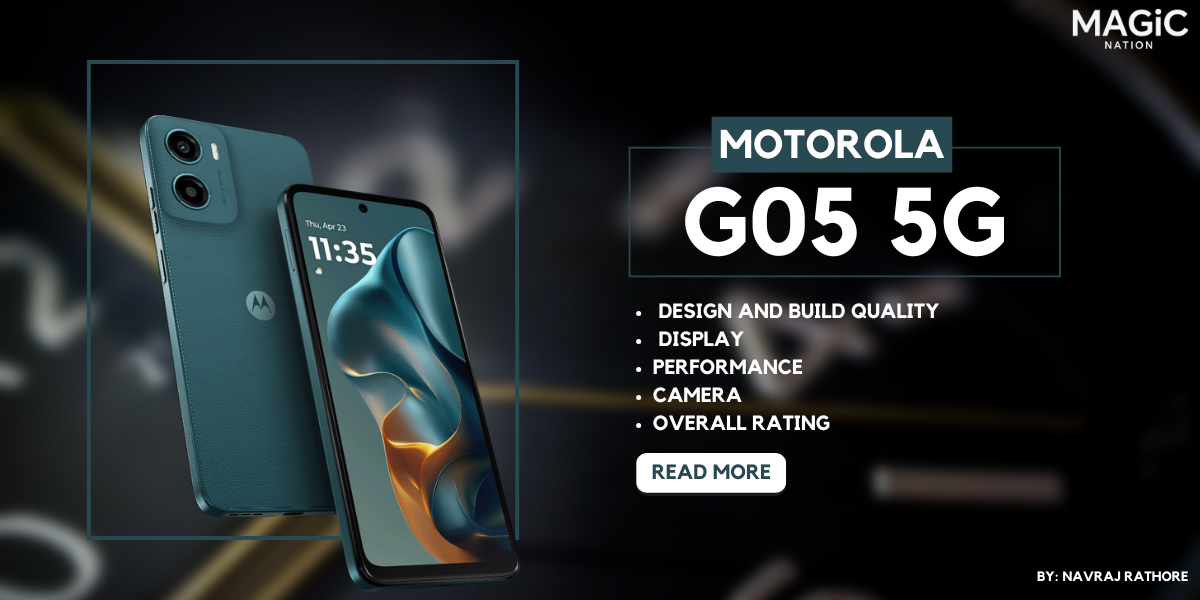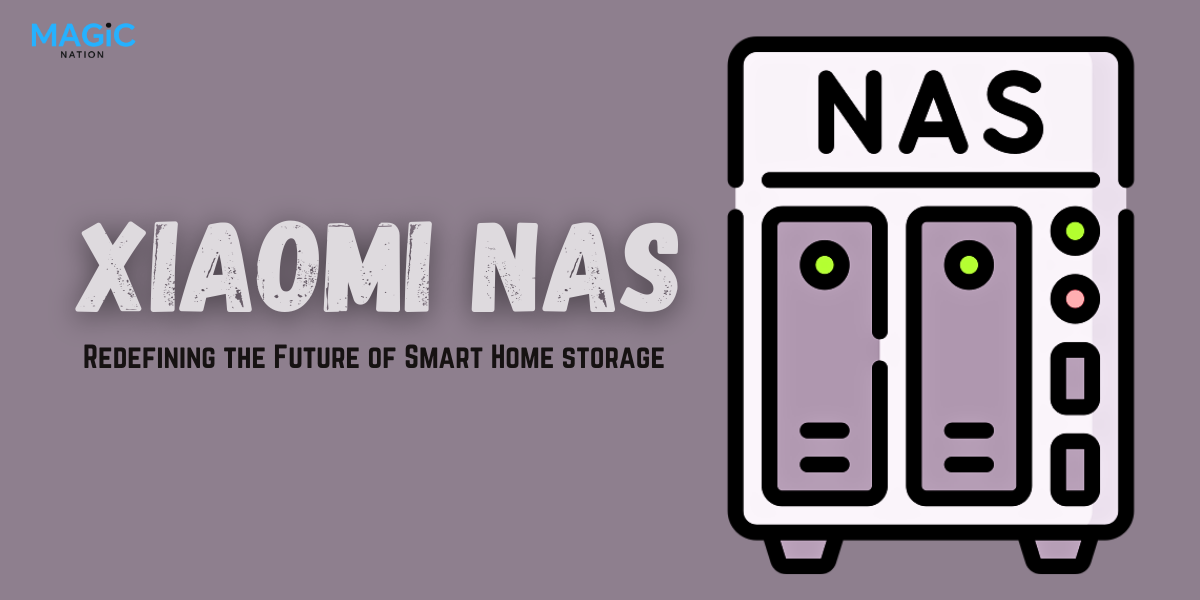India has secured the 52nd position in the Digital Quality of Life Index, showcasing a significant surge in mobile data speeds, as reported by SurfShark's 5th annual survey on Digital Quality of Life.
Annually, the survey evaluates and ranks 121 countries based on five key factors: internet quality, internet affordability, e-infrastructure, e-government, and e-security.
According to Gabriele Racaityte-Karasauske, a spokesperson for Surf shark, "In numerous nations, the concept of 'digital quality of life' has seamlessly integrated into the broader notion of overall 'quality of life'. This evolution is inevitable as a wide array of daily activities, including work, education, and leisure, have transitioned into the digital realm. Consequently, it becomes crucial to identify areas where a nation excels in digital quality of life and areas that require attention. This is precisely the objective of the DQL Index."
This marks a noteworthy improvement from the previous year, with the country climbing seven positions from 59th to 52nd. Surfshark attributes this advancement to India's remarkable progress in internet quality, currently ranked 16th out of 121 countries. This ranking reflects a 36 percent increase above the global average.
On the flip side, India's performance in other areas of the Digital Quality of Life Index reveals some disparities. In terms of e-infrastructure, the country holds the 91st position. However, it fares relatively better in internet affordability, securing the 28th position. Additionally, India ranks 25th in e-government and 66th in e-security. These rankings provide a comprehensive picture of the country's digital landscape, showcasing both strengths and areas that may require further attention.
Regarding internet speeds, the survey highlights that the average fixed internet speed in India stands at 76 Mbps, while the mobile internet speed averages 74 Mbps. In comparison, Singapore and Saudi Arabia currently hold the records for the fastest fixed and mobile internet speeds, boasting averages of 300 Mbps and 310 Mbps, respectively.
It's worth noting that while India may not lead in terms of having the fastest internet, the country excels in internet stability. Mobile internet speeds have seen a remarkable improvement of 297 percent, primarily attributed to the widespread rollout of 5G technology. Conversely, the fixed broadband speed has experienced a more modest increase, growing by 16 percent.
The survey further underscores that internet access in India is relatively more affordable. To afford a fixed broadband line, Indians need to work for approximately 1 hour and 48 minutes per month, while acquiring access to mobile internet requires about 44 minutes and 22 seconds of work. This affordability is a notable advantage for users in the country.
However, the Digital Quality of Life survey raises concerns about India's readiness to combat cybercrime, citing the country's lack of preparedness in this regard. Additionally, it points out that India has limited data protection laws in place. Furthermore, the survey highlights that internet penetration in the country is estimated to be around 60 percent, suggesting that there is room for expansion in connecting more of the population to the digital world.
India's mobile internet speed has witnessed a substantial increase of 297 percent, as reported by Surfshark.
Post Reply
3 posts
• Page 1 of 1
-
- Information
-
Who is online
Users browsing this forum: No registered users and 18 guests
Recent Posts

Intra circle Roaming
Mon Jan 20, 2025 10:27 pm
Syed_Nabi23
133
2

HONOR Magic7 Pro's AI Super Zoom: A Game-Changer for Telephoto Photography
Sun Jan 19, 2025 8:16 pm
sarthhkk
241
2

Tech Roundtable VOL. #33 - Gaming Smartphones: Do You Really Need One
Thu Jan 16, 2025 11:55 pm
sarthhkk
209
2

AMRIT UDYAN TO OPEN FOR PUBLIC FROM FEBRUARY 2
Tue Jan 21, 2025 11:01 pm
Syed_Nabi23
87
1

Best Budget Earbuds Under ₹3,000: Power, Style, and Savings
Sun Jan 19, 2025 4:57 pm
Cozycupcake
193
2

Leaving Your Laptop Plugged In Ruins the Battery: Fact or Myth? - MBM Episode #3
Mon Jan 20, 2025 11:14 am
Navraj rathore
140
1

Moto G05 Review: Is This the Best Budget Smartphone of 2025? 🤔
Fri Jan 17, 2025 1:37 pm
Navraj rathore
227
2

Xiaomi NAS: Redefining the Future of Smart Home Storage
Sat Jan 18, 2025 3:07 pm
sarthhkk
226
1

Honor Magic7 RSR: Redefining Luxury and Performance
Fri Jan 17, 2025 5:00 pm
sarthhkk
280
2

Best Laptop Deals to Grab in Amazon Great Republic Day Sale 2025
Thu Jan 16, 2025 8:35 pm
sarthhkk
276
1
- Copyright © 2024 Magicnation. All rights reserved.
